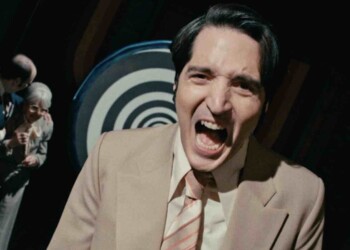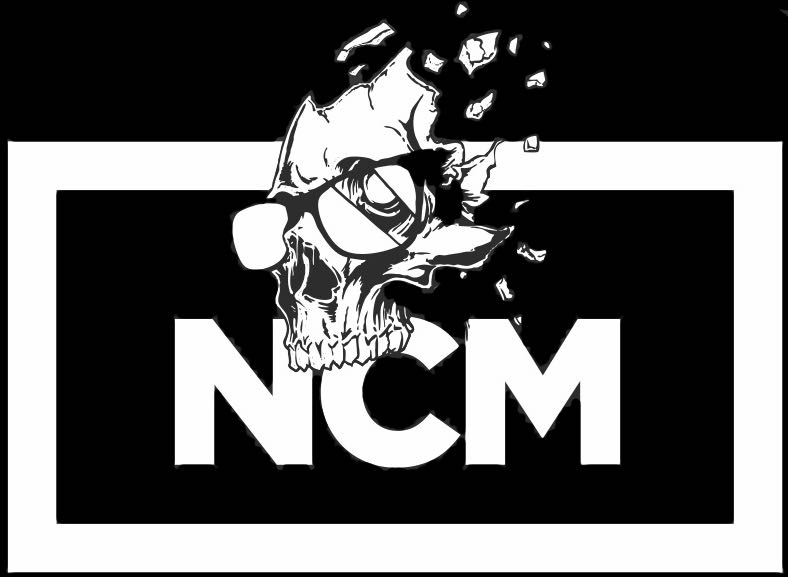Making religion the undercurrent of a literary work is like juggling nitroglycerin. It requires a lot of grace and focus for it not to explode in your face and even if you pull it off people are still just going to think you are a loony bastard. As the world progresses to a more secular norm, those who believe will protect their faith with tighter fists and heavier clubs. Yet if a nonbeliever feels a work has even a shadow of biblical salesmanship rolling around in its subtleties, they will dismiss it a preachy, ignorant dross.
So Savior is asking for it.One misstep, one minute of hammy philosophy, one iota of insinuation that faith is a misguided venture and it becomes a strawman for one radical side of the debate.
That’s why Savior is so surprising. It manages to be deep, interesting and heavy while positing a twenty-first century world where the savior has been reborn. It doesn’t shy away from talking about religion on a personal or societal level and the confidence it does it with is well earned. Savior manages to be thought provoking and inoffensive, presenting a story that is intimate and relatable.
The story centers around a commercial airliner attempting an emergency landing on a highway in rural Iowa. Hundreds die but in the middle of the chaos a naked man walks out of a wheat field carrying an injured woman. The man has not identification and no memory.
In this second issue, we focus on this amnesiac’s struggle to understand who he is and how he ended up in that wheat field. We are given the first hints at his true divine nature. As these revelations crash into the man, he reacts with panic and horror, much in the way any of us would.
We feel his weak mortal view of things snap under the weight of all creation and when he runs we not only understand, we tell him to pick up the pace.
Part of what draws you in is the way this is all told to you. The plane crash, the mystery of its cause and the saga of this enigmatic man are all primarily presented to us in the same way that real world tragedies are presented to us, through media and figures of authority.
Most plot points are given through news blurbs and wide, distant backdrop still photos. Characters of interest are cops and investigators often tied up in the formal morbid business of clicking through protocol to process this tragedy.
It feels like it’s real. Because it spawns that same voyeuristic fascination it would in the real world. It is that experience of watching something melancholy as collective and feeling the detached sorrow together.
Savior is a book co-created by comic book legend Todd McFarlane. In the 90s, McFarlane was once the most titanic artist in the industry and eventually became a founder of Image Comics. He created the massively successful character Spawn before pretty much disappearing from the comic book industry to pursue business interests in the action figure industry.
The man gets a lot of hate from fans and pundits, partly because of the retroactive, brutal critique that has fallen upon 90’s comics and partly because when he had the most influence over the industry he decided to make toys.
People have forgotten that this dude was a rock star. No one in comic book history has ever been able to lay out a page with as much flow and flash as Todd McFarlane. Savior shows us that he still has it.
While it can abuse splash pages and two page layouts, Savior is constantly delivering a ride for the eyes, never giving the reader a single page of dull tradition panel design.
Everything in Savior just clicks together into one fascinating and enjoyable piece. While it’s not the best book on the market, it’s the one that has the most white knuckled grip on my attention.
If it keeps its current path, it is going to be a special book. A book that has big balls, big ideas and cinema level flare for presentation. But there is this tickle in my gut. This feeling that Savior has built its house on sand. That its ambition and fearlessness has put it in a position that if it missteps it will create an offense wreck, awesome in its Hindenburgian carnage.
Perhaps, it’s that uncertainty both in narrative and execution that has me so focused. It will either be great literature or a great mess and I can’t decide which would be more entertaining to see.






